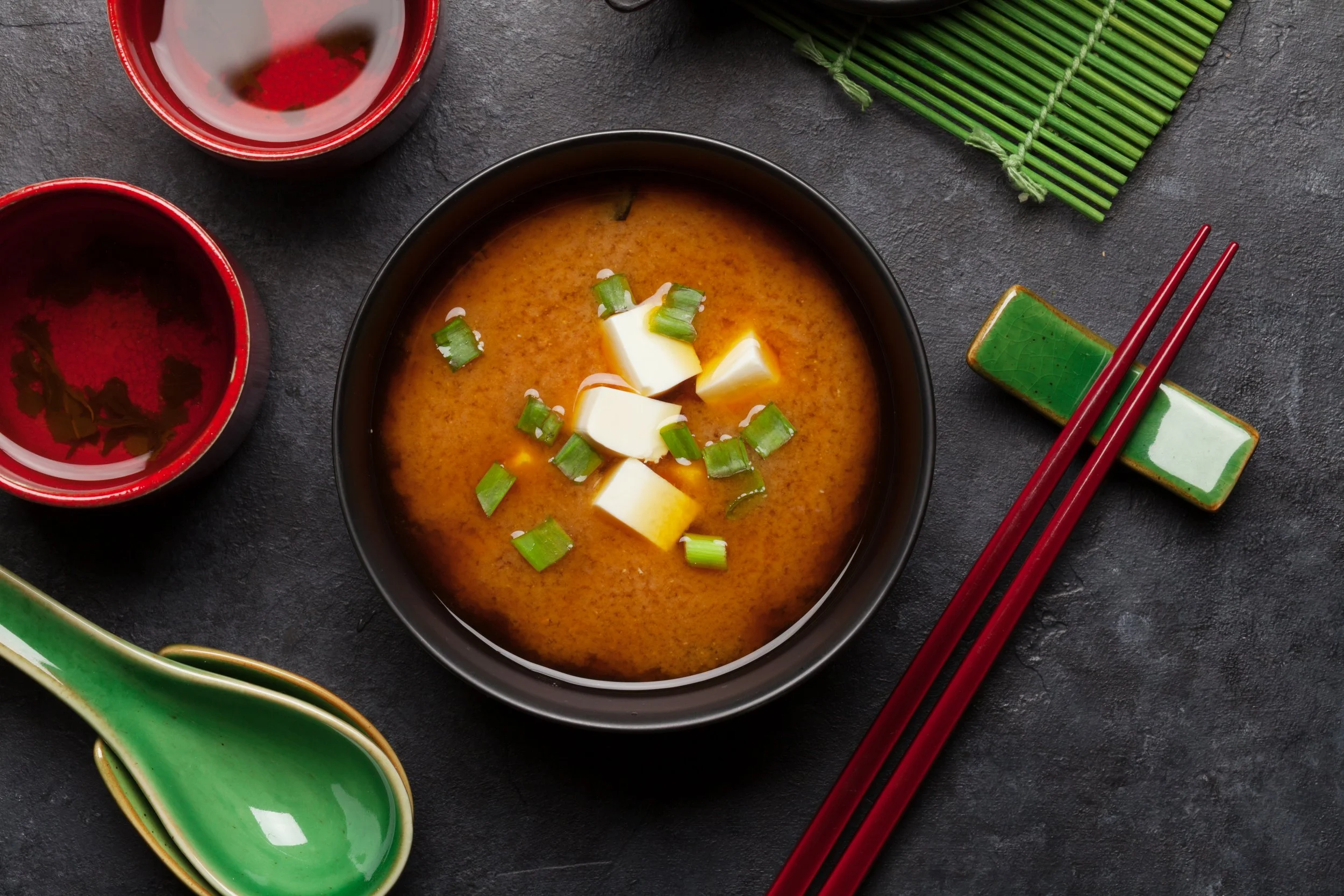Salt, a seemingly simple ingredient, has become a complex topic in the world of nutrition. We all know it enhances the flavor of food, but how much is too much? Recent research sheds light on the potential dangers of high sodium intake, while also suggesting miso as an alternative. Let's delve into the science behind salt and explore strategies for a healthy relationship with this flavor enhancer.
The dark side of sodium: Understanding the risks
Excessive sodium intake has been linked to several health concerns, including:
High blood pressure: This is the most well-established risk factor associated with high sodium intake. Chronic high blood pressure puts stress on your heart and blood vessels, increasing the risk of stroke, heart attack, and other cardiovascular diseases.
Stomach cancer: A recent study showed that folks who reduce salt use reduce their risk of stomach cancer, the fifth most common cancer.
Kidney disease: The Mayo Clinic cautions that excessive salt intake can increase your risk of chronic kidney disease.
The recommended daily limit: Finding the balance
The current Dietary Guidelines for Americans recommend limiting sodium intake to less than 2,300 milligrams (mg) per day, with an ideal goal of no more than 1,500 mg for most adults.
It's important to consult with your doctor to determine the optimal sodium intake for your individual needs, especially if you are very active or have underlying health conditions.
But most of us might require far less salt than we get in a typical day:
“For the first 90 percent of human evolution, we likely ate diets containing less than the equivalent of a quarter teaspoon of salt’s worth of sodium a day. Humans seem to be genetically programmed to eat ten times less sodium than we do now. Many so-called low-salt diets can actually be considered high-salt diets. If we could cut our salt intake by about a half teaspoon a day, which is achievable by avoiding salty foods and not adding salt to our food, we might prevent 22 percent of stroke deaths and 16 percent of fatal heart attacks.”
Miso might provide a valuable loophole
Miso, a fermented soybean paste, is a staple in Japanese cuisine. Traditionally used in soups and sauces, miso is often associated with a high sodium content (around 600mg per tablespoon). However, recent research suggests the relationship between miso and blood pressure might give us a lower-risk way to get that salty flavor.
A 2019 study published in the journal Nature showed that while table salt has long been associated with higher blood pressure, miso lowered nighttime blood pressure. The research suggests that specific components in miso counteract the negative effects of sodium.
MISO IS VERSATILE, and CAN BE. . .
Spread on toast as a butter alternative
Blended into savory dressings
Used in marinades
The "How Not to Die" approach
Here are some practical tips to ensure healthy sodium intake, inspired by Dr. Greger's book "How Not to Die":
Limit processed foods: The majority of our sodium intake comes from processed and pre-packaged foods. So instead choose unprocessed foods like fruits, vegetables, whole grains, and lean protein sources which are naturally low in sodium and packed with vital nutrients. The less you eat ‘em, the less you crave ‘em.
Cook more at home: This allows you to control the amount of salt you add to your food. Explore flavorful spices and herbs to enhance your dishes naturally.
Choose low-sodium options: Look for low-sodium or no-salt-added groceries.
Add lots of potassium-rich foods: Diets rich in potassium can help counteract the effects of sodium. Incorporate fruits like bananas and oranges, and vegetables like potatoes and spinach, which are excellent sources of potassium..
Gradually reduce sodium: Don't try to go cold turkey. Gradually reduce the sodium in your recipes over time to allow your taste buds to adjust.
July in Portland: Get the blues
The Waterfront Blues Fest is a Portland institution, with a wide variety of acts. Find yourself a new favorite.
Image credit: Waterfront Blues Fest
Come visit us at Parkside
Come see our expert team at Parkside Clinic where we tailor our care to your specific condition and tap into your body’s natural healing ability. Make an appointment, or if you have any questions, contact us.




